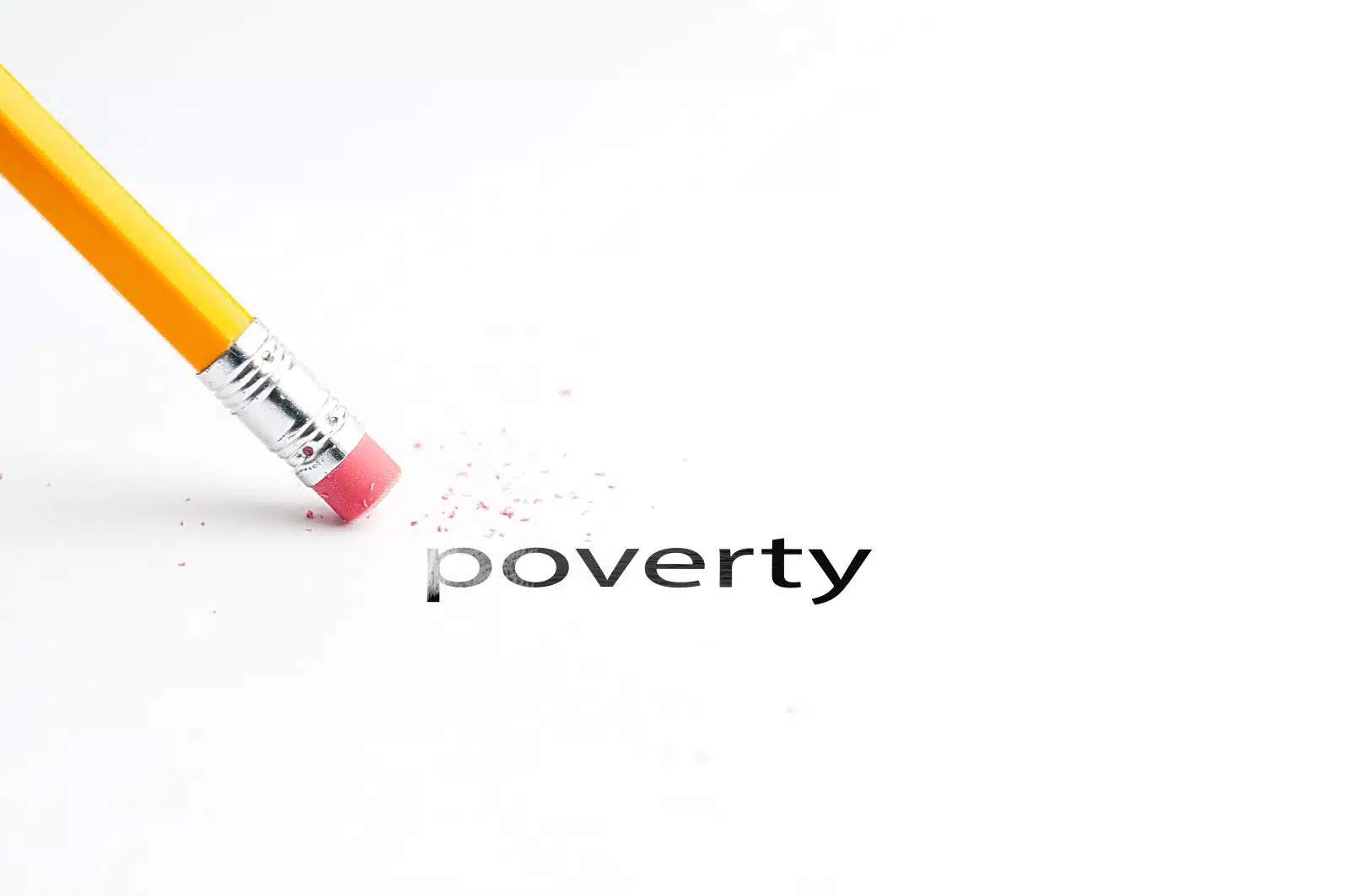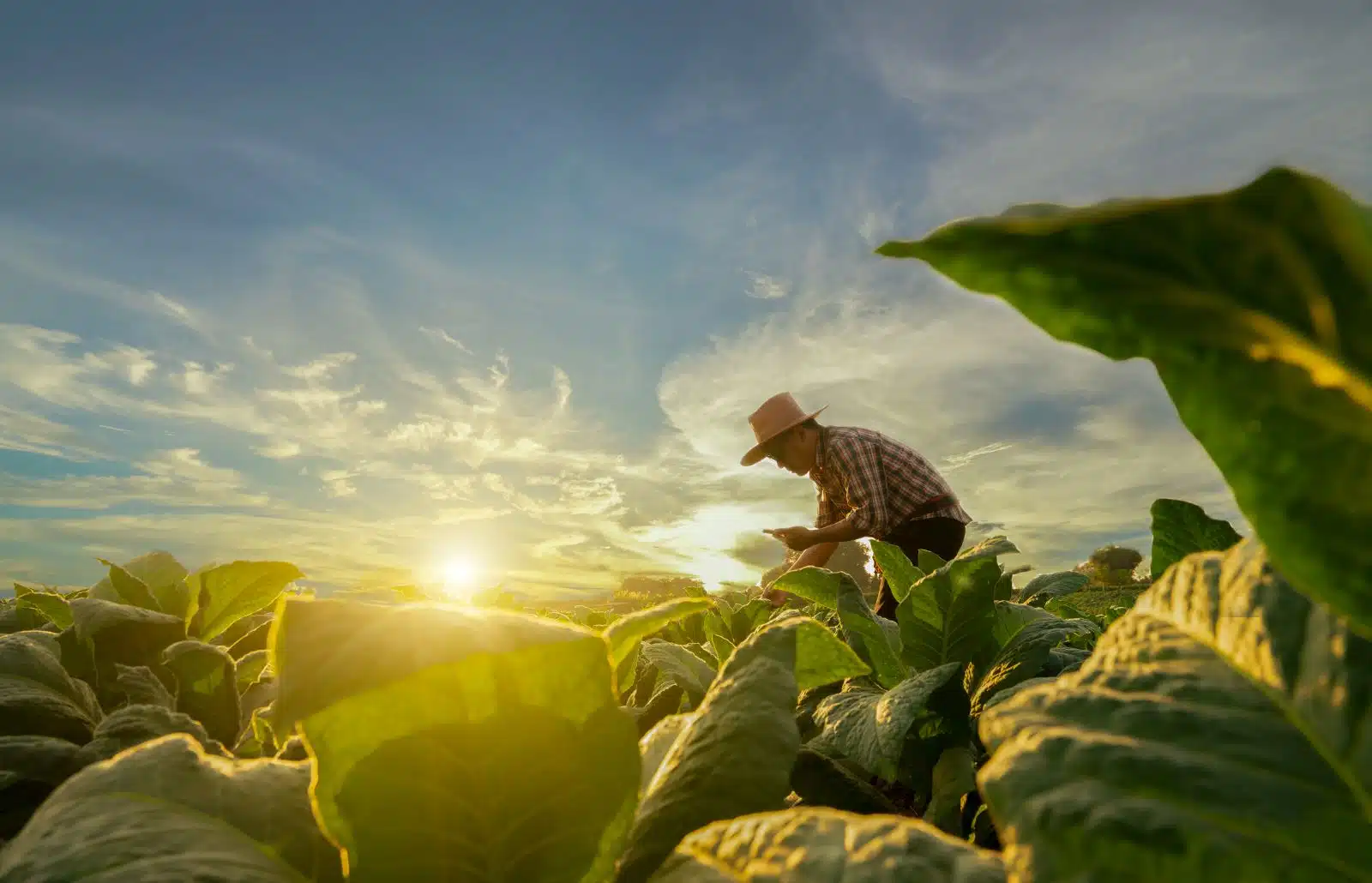Poverty affects millions worldwide, depriving them of necessities and causing certain hardships. However, there are realistic solutions that can help eradicate poverty and create opportunities in a more equitable society. Government can play an essential role in providing education, sustainable economic growth, social safety nets, gender equality, access to essential services, fair trade, and good governance. We can make substantial progress in lessening poverty.
1. Quality Education for All
Access to quality education is crucial in breaking the cycle of poverty. By investing in education systems that are inclusive and accessible to all, countries can empower individuals to gain the knowledge and skills necessary for better job prospects and economic mobility. Comprehensive educational reforms, including equitable funding, teacher training, and emphasis on vocational training, can provide marginalized communities with the tools they need to escape poverty’s grip.
2. Sustainable Economic Growth

Promoting sustainable economic growth is a powerful means to alleviate poverty. Governments can implement policies that foster entrepreneurship, create job opportunities, and encourage investment in sectors with high potential for job creation. By prioritizing sustainable development and embracing green technologies, countries can simultaneously address poverty and combat climate change, promoting a more inclusive and resilient future for all.
3. Social Safety Nets

Establishing robust social safety nets is essential to protect vulnerable populations from extreme poverty. By providing access to healthcare, housing, nutrition assistance, and financial resources, governments can mitigate the immediate effects of poverty and prevent individuals from slipping further into destitution. Such measures should be complemented by efforts to ensure the delivery of these services to remote areas and marginalized communities, leaving no one behind.
4. Access to Basic Services
Lack of access to basic services, such as clean water, sanitation, and electricity, perpetuates poverty cycles. Governments and international organizations can work together to ensure universal access to these essential services. Investing in infrastructure development, particularly in rural and underserved areas, can improve living conditions and create an enabling environment for economic growth and poverty reduction.
5. Fair Trade and Market Access

Creating fair trade practices and improving market access for developing countries can contribute significantly to poverty reduction. By promoting fair prices, reducing trade barriers, and fostering inclusive market systems, vulnerable producers and small-scale farmers can access global markets more equitably. This enables them to earn a sustainable income and uplift their communities from poverty.
6. Strengthening Governance and Institutions

Strengthening governance and institutions is vital for effective poverty eradication. Transparent and accountable governance systems and an inclusive and participatory decision-making process foster an environment where corruption is curbed, resources are allocated efficiently, and policies are implemented effectively. By promoting good governance, societies can ensure that poverty reduction efforts reach those most need it.
7. Access to Affordable Healthcare

Access to affordable and quality healthcare is crucial in breaking the cycle of poverty. Governments can invest in comprehensive healthcare systems that provide essential medical services, preventive care, and health insurance coverage. By ensuring access to affordable healthcare, individuals and families can protect themselves from the financial burden of medical expenses, which can lead to poverty.
8. Financial Inclusion

Promoting financial inclusion can empower individuals and communities to escape poverty and build economic resilience. Governments and financial institutions can develop inclusive banking systems that provide access to affordable financial services, such as savings accounts, credit, and insurance. By fostering financial literacy and offering microfinance options, marginalized individuals can start and grow their businesses, generate income, and improve their livelihoods.
9. Investment in Agriculture

Investing in sustainable agriculture is crucial for poverty reduction, especially in rural areas where a significant portion of the population relies on farming for their livelihoods. Governments can support small-scale farmers by providing access to modern farming techniques, irrigation systems, and affordable credit. By strengthening agricultural value chains, promoting sustainable practices, and improving market access, countries can enhance productivity, increase incomes, and reduce poverty in rural communities.
10. Social Entrepreneurship

Promoting social entrepreneurship can be an effective way to address poverty and social challenges simultaneously. Governments can create an enabling environment by incentivizing and supporting entrepreneurs who tackle poverty-related issues through innovative and sustainable business models. By fostering an ecosystem that encourages social entrepreneurship, countries can stimulate job creation, community development, and poverty alleviation in a self-sustaining manner.
12 Frugal Meals People Eat Even When They’re Rich. Do You?
Photo Credit: Shutterstock
When money isn’t a problem, people tend to indulge in all sorts of luxuries they couldn’t afford when they didn’t have excess money to spend. However, sometimes, even when money is easy, there are food items you can’t say “no” to. Here are some of the most addictive, economical meals you can eat, even when money is no issue.
12 Grocery Store Luxuries That People Love To Treat Themselves With
Photo Credit: Deposit Photos
Sometimes, grocery shopping can be a chore. It can feel like just one more thing to get done during the week, so you don’t have to worry about it during the weekend. When money is tight, it can be even more overwhelming to try and get the best deals on food until you get to that one item you can’t resist. We all do it, splurging on that one food item we can’t do without. To that end, here are some of the most luxurious food choices people must have.
12 Dream Treats People Would Splurge on if Money Were Infinite
Photo Credit: Shutterstock
Imagine a reality where your bank account was bottomless and financial constraints vanished. What would you choose to splurge on? Here are 12 dream treats members of an online forum would throw their money at if money were no object.
10 Frivolous Things People Spend Their Money On When They Could Be Saving
Image Credit: Dean Drobot From Canva.com
Are you spending your money frivolously on stupid things when dealing with a tight budget, or saving more for emergencies? We all do. Door Dash and Uber Eats? Need I say more? Between the higher menu prices, delivery fees, and tips, you can spend $35 on a single sandwich!
It’s absurd, and yet so many people do it. Worse, they know it’s a waste of money but will continue using the services. I’m guilty of using the delivery apps myself. Someone recently asked on an online forum for other examples of dumb things people waste their hard-earned cash on, and these are the top-voted responses.
Lovingly Limiting Loans: 10 Wise Ways To Set Money Boundaries With Family
Photo Credit: Shutterstock
Family ties are undoubtedly some of the strongest bonds in our lives. We share laughter, create lasting memories, and support each other through thick and thin. However, navigating boundaries can be complex when it comes to financial matters. Here are 12 wise ways shared by members of an online forum to set monetary limits with family members.








